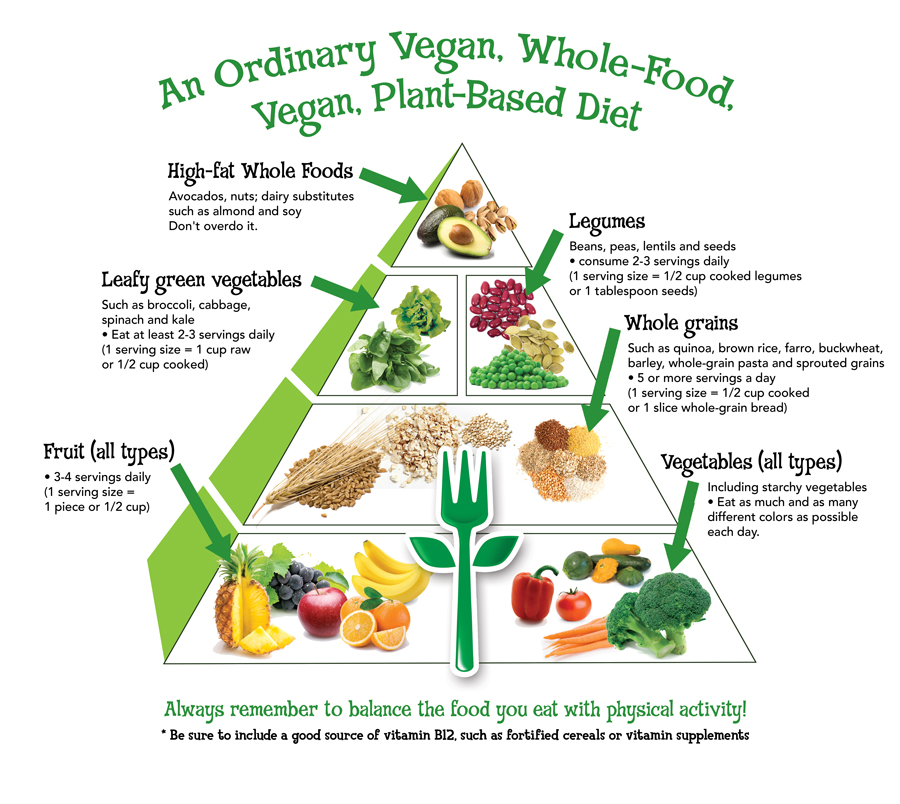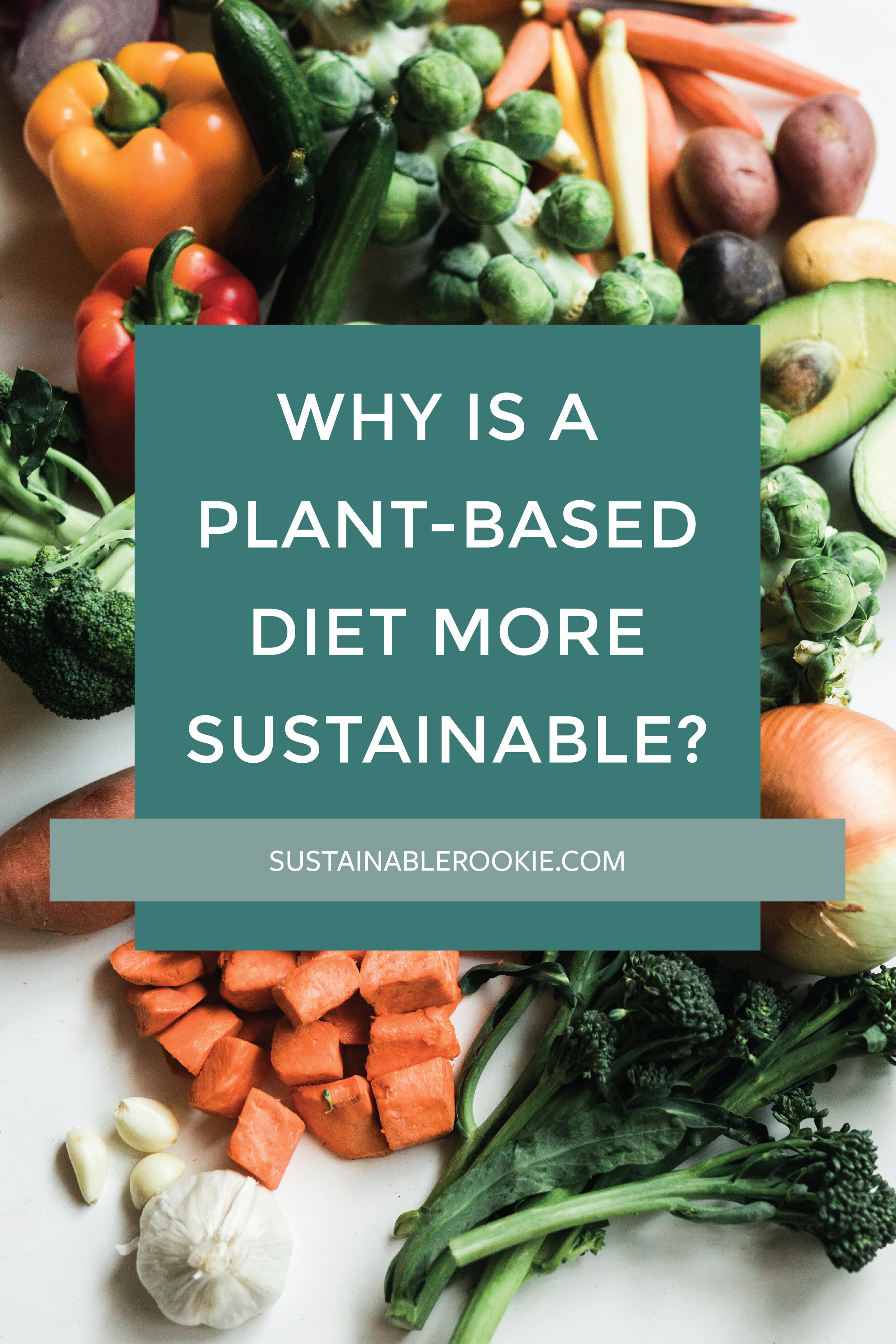Everything About Healthy Food: Benefits of Taking On Plant Based Options
The discussion bordering plant-based diets has actually obtained substantial attention over the last few years. Lots of people are discovering the prospective health advantages, nutritional advantages, and environmental impacts related to these dietary selections. As individuals end up being much more knowledgeable about their food's impact on wellness and sustainability, concerns arise about the functionalities of embracing such a way of life. What specific adjustments can one anticipate, and exactly how might these options reshape not just individual wellness however also the earth's future?
Comprehending Plant-Based Diets
Lots of individuals associate plant-based diet regimens primarily with vegetarianism or veganism, these diet regimens can include a wide array of eating patterns that prioritize entire, minimally refined plant foods. Such diets often consist of fruits, veggies, entire grains, legumes, nuts, and seeds, while eliminating or restricting animal items. This flexibility allows individuals to customize their nutritional choices according to dietary requirements and personal preferences. Some may take on a mainly plant-based diet while still periodically consuming meat or dairy, typically described as a flexitarian technique. The emphasis remains on integrating even more plant foods, which can result in a varied array of meals and tastes. Comprehending these numerous analyses of plant-based eating is crucial for appreciating its availability and allure in modern food culture.
Health And Wellness Conveniences of Plant-Based Foods
The wellness benefits of plant-based foods are significant, using a nutrient thickness benefit that sustains general wellness. Study suggests that these foods can improve heart health and wellness and play a crucial role in efficient weight management. By integrating a lot more plant-based choices, people may enhance their dietary selections and promote long-lasting health and wellness.
Nutrient Density Advantage
Nutrient thickness plays a vital function in the health and wellness advantages of plant-based foods, making them a compelling choice for those looking for a well balanced diet plan. Plant-based foods, such as fruits, vegetables, vegetables, nuts, and entire grains, are often rich in crucial vitamins, minerals, and anti-oxidants while being lower in calories. This high nutrient density enables individuals to consume fewer calories while still meeting their dietary requirements. Furthermore, these foods are packed with dietary fiber, advertising digestive system health and wellness and helping in weight administration. By integrating nutrient-dense plant-based options, customers can enhance their overall health and wellness, sustain their immune systems, and lower the danger of chronic conditions. Inevitably, the nutrient density of plant-based foods underscores their importance in a health-conscious lifestyle.
Heart Wellness Renovation

Weight Monitoring Assistance
Along with advertising heart wellness, a plant-based diet plan can substantially assist in weight management. This dietary method emphasizes entire foods such as fruits, vegetables, legumes, nuts, and whole grains, which are generally reduced in calories and higher in fiber compared to animal-based products. The high fiber content aids raise satiety, decreasing general calorie consumption. Plant-based diets are commonly rich in vital nutrients while low in harmful fats, making it easier to keep a healthy and balanced weight. Research study indicates that individuals that embrace a plant-based way of life often tend to have lower body mass indexes (BMIs) and experience even more successful weight management contrasted to those that take in meat-heavy diets. Consequently, embracing plant-based options is a tactical option for efficient weight management
Nutritional Worth of Plant-Based Components
Plant-based active ingredients are abundant in essential nutrients, using a varied variety of vitamins, minerals, and antioxidants that add to general health. A contrast of protein resources discloses that while pet products are typically watched as exceptional, numerous plant-based options offer ample healthy protein and other helpful compounds. Recognizing the dietary worth of these ingredients can aid people make informed nutritional selections.
Crucial Nutrients in Plants
Nutrient-rich components found in plants supply a diverse range of important minerals and vitamins that contribute significantly to general wellness. These components are rich in vitamins A, C, and K, which sustain immune function, vision, and blood clot, specifically. Furthermore, plants provide vital minerals such as magnesium, potassium, and calcium, essential for heart wellness, muscle mass feature, and bone toughness. The existence of fiber in plant-based foods help digestion and advertises a healthy intestine microbiome. Anti-oxidants, discovered generously in veggies and fruits, help fight oxidative stress and minimize inflammation. Numerous plant foods are reduced in calories yet high in nutrients, making them an outstanding choice for those seeking to keep a healthy and balanced weight while guaranteeing ideal nutrient consumption.
:max_bytes(150000):strip_icc()/45259671-97112006e572444a996dbbacfd4b8bed.jpg)
Comparing Protein Sources
Healthy protein sources vary substantially in their dietary profiles, with plant-based ingredients supplying unique benefits. Unlike animal healthy proteins, which typically have saturated fats and cholesterol, plant healthy proteins tend to be lower in these harmful parts. Legumes, nuts, seeds, and entire grains are abundant in vital amino acids, fiber, vitamins, and minerals. Lentils offer high healthy protein web content along with considerable iron and folate, while quinoa is a complete healthy protein, supplying all 9 vital amino acids. Additionally, plant-based healthy proteins are typically gone along with by antioxidants and phytochemicals that sustain general health. The change to plant-based healthy protein resources not only boosts nutritional consumption however also lines up with sustainable nutritional methods, decreasing ecological effect and advertising long-term health and wellness benefits.
Ecological Impact of Plant-Based Eating
As recognition of environment modification expands, lots of people are discovering sustainable dietary selections that can significantly decrease their environmental impact. Plant-based consuming has arised as a significant contributor to lowering greenhouse gas emissions, which are mostly connected with animals manufacturing. The cultivation of fruits, vegetables, grains, and beans generally needs less resources, such as water and land, compared to animal farming. Furthermore, plant-based diet regimens can lead to reduced logging, as much less land is required for grazing animals or expanding animal feed. By shifting towards plant-based options, consumers can sustain biodiversity and promote much healthier communities. Generally, accepting plant-based consuming not just benefits individual health but additionally represents an essential action towards ecological sustainability and conservation initiatives.
Conquering Common Misconceptions
While several people acknowledge the benefits of a plant-based diet regimen, several misunderstandings often deter them from completely embracing this lifestyle. A typical idea is that plant-based diet regimens lack sufficient protein; nonetheless, various plant sources, such as vegetables, nuts, and tofu, provide ample healthy protein. In addition, some think that this diet regimen is expensive, when as a matter of fact, staples like beans, rice, and seasonal veggies can be rather inexpensive. Another false impression is that plant-based eating is overly restrictive, whereas it in fact offers a varied selection of foods and flavors. Ultimately, lots of worry that a plant-based diet might cause shortages, yet with appropriate preparation, individuals can obtain all needed nutrients, consisting of minerals and vitamins, while delighting in a wide array of scrumptious dishes.
Tips for Transitioning to a Plant-Based Lifestyle
Making the change to a plant-based way of life can be an enriching experience, though it typically needs some guidance to browse the preliminary changes. First, people are encouraged to begin slowly, including even more fruits, veggies, beans, and whole grains right into their dishes while decreasing meat and dairy products usage. Dish planning is essential; preparing a weekly menu can aid relieve the modification and protect against final harmful selections. Checking out new recipes and cooking approaches can also improve the experience and keep excitement about plant-based consuming. Additionally, signing up with support system or communities can supply inspiration and share useful suggestions. Staying informed about nourishment guarantees balanced dishes, protecting against shortages while cultivating a healthy and balanced, satisfying plant-based lifestyle.

Delicious Plant-Based Meal Concepts
Exploring tasty plant-based dish ideas can influence people to accept an extra healthy diet regimen. One popular choice like it is a passionate quinoa other salad, featuring cherry tomatoes, cucumber, and a spicy lemon-tahini dressing. One more fave is a full-flavored lentil stew, packed with carrots, celery, and great smelling herbs, best for a soothing dinner. For breakfast, overnight oats made with almond milk, chia seeds, and covered with fresh berries give a nutritious start to the day. Furthermore, a vivid vegetable stir-fry with tofu and a variety of colorful veggies can be a fast yet pleasing dish. Finally, luscious avocado toast on whole-grain bread, sprinkled with seeds and flavors, uses a basic yet savory snack. These meals showcase the variety and splendor of plant-based eating.

Often Asked Questions
Can a Plant-Based Diet Provide Sufficient Protein?
The question of whether a plant-based diet regimen can offer sufficient healthy protein is typical. Various resources, consisting of vegetables, nuts, seeds, and whole grains, can fulfill healthy protein needs efficiently, supporting a well balanced and nourishing diet plan for individuals.
Are Plant-Based Diet Regimens Suitable for Children?
The suitability of plant-based diet plans for youngsters relies on careful planning. Appropriate nutrients must be assured, including proteins, minerals, and vitamins. With proper support, such diets can sustain healthy growth and growth in youngsters.
How Do I Eat in restaurants on a Plant-Based Diet plan?
Dining out on a plant-based diet plan involves seeking dining establishments with varied food selections, requesting modifications, and checking out vegan-friendly alternatives. Planning ahead and connecting dietary preferences can improve the eating experience while maintaining dietary choices.
What Are Common Allergens in Plant-Based Foods?
Common irritants in plant-based foods include soy, gluten, nuts, and seeds - BBQ Sauces. People adhering to a plant-based diet regimen should understand these allergens and review tags carefully to prevent adverse reactions and ensure secure intake
Can Plant-Based Diets Assist With Weight Management?
Study indicates that adopting a plant-based diet plan may assist in weight-loss as a result of its normally lower calorie density and higher fiber material. This mix can enhance satiety, aiding people handle their calorie consumption properly. Many individuals associate plant-based diets mainly with vegetarianism or veganism, these diets can encompass a vast array of consuming patterns that focus on entire, minimally processed plant foods. Nutrient thickness plays a necessary role in the wellness advantages of plant-based foods, making them an engaging choice for those seeking a balanced diet. Plant-based his comment is here diets have actually been revealed to markedly boost heart health and wellness, as they commonly consist of aspects that support cardio feature. In enhancement to promoting heart health, a plant-based diet regimen can significantly help in weight administration. An usual belief is that plant-based diets do not have adequate protein; nonetheless, countless plant resources, such as legumes, nuts, and tofu, give adequate protein.